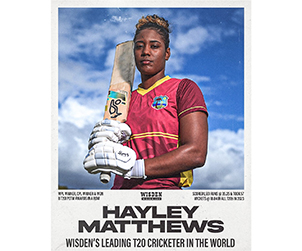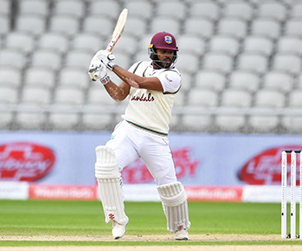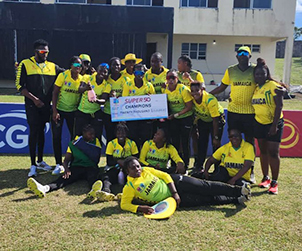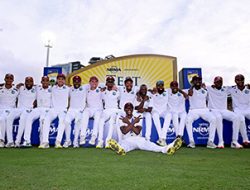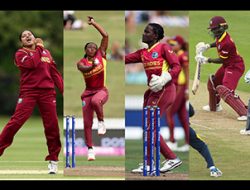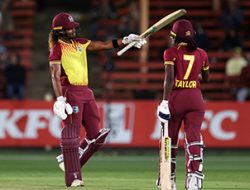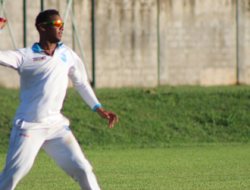Put James Sutherland, the tall, angular chief executive of Cricket Australia, and David Warner, the short, squat, bruiser of an opening batsman, together in a room. How should we describe them? Employer and employee? Administrator and player? Suit and star? Or partners in the fortunes, for good and bad, of Australian cricket?
There is no question that Cricket Australia (CA) evaluates the relationship as an old-fashioned hierarchical one, with orders being passed down. The players, through the Australian Cricketers’ Association, view things rather differently: not surprisingly, they see themselves not as subservient but as central to the growth of the game. They don’t much like being talked down to as a result.
So while, on the face of it, the stand-off between Australia’s cricketers and the board is about the oldest issue of all – money – the real dispute is one of power and control and status. The bad news for the suits is that, since the advent of the Indian Premier League (IPL) in 2008, the fundamentals have changed: the stars have never been more powerful, nor have they had more options than they have now.
Money has brought the issue to a head. CA wants to end a revenue share that has been at the heart of the relationship with the players for two decades. It complains that the players enjoy much of the upside of greater commercialisation without the burden of the extra costs associated with it and that the wages of domestic players have outstripped what is reasonable. A changed landscape, it says, demands a new memorandum of understanding.
The players would like to retain the revenue share, arguing that the model has worked harmoniously during a golden period for Australian cricket. If it ain’t broke, and all that. They are asking for a simple split: a little over a fifth of the game’s revenues should go to the players, the same to the grass roots, leaving about 55 per cent to the board to administer and grow the game.
It would be wrong to say that negotiations have stalled, since they have never really begun. Since December, when emails were leaked showing just how far apart the two sides were, there has been little movement. The language has recently turned nastier, though, with Sutherland threatening that the players will not be paid beyond the end of June, when the present deal runs out. In response, he has been reminded bluntly that without the players there can be no Ashes series.
From an English perspective, with the Ashes six months away, the whys and wherefores of the revenue share are less interesting, perhaps, than the question of how this issue will pan out. To this observer it seems an obvious outcome: if the players remain united, then there really is nowhere for CA to go. CA will have to back down and agree to either the revenue share continuing, or, more likely, to independent arbitration. Either way, Sutherland and colleagues are on a sticky wicket.
The board has tried classic divide-and-rule tactics. It has attempted to drive a wedge between the international players and domestic, by offering continued stellar rewards to the top players, while wanting a cap on those further down the ladder. It has offered long-term, attractive contracts to a select number of top players, in return for forgoing the lucrative IPL, and they have offered the female players vastly improved deals.
So far to no avail. Last week, there was a flurry of tweets from the top players with the hashtag “#fairshare”, along with a blunt verbal message from Warner. As Joe Root and opening bowlers around the world can attest, Warner is not the shy and retiring type. So while his comrades were tweeting, Warner took out his favourite Kaboom bat and aimed a metaphorical swipe at the administrators. “The Ashes,” he said (more or less), “don’t bet on it.”
The IPL, and the rise of Twenty20, has changed all that. International cricket still offers the most lucrative path, and by far the most job satisfaction, but it is no longer the only way of earning a living from the game. Tymal Mills, recently paid more than £1 million for a gig in the IPL, when he is essentially outside of the international and domestic structure in England for much of the time because of his physical limitations, is vivid proof of that.
So, say Warner and his colleagues, if we become free agents after June then there are plenty of alternatives to earn a crust. Such has been the rise of domestic franchised competitions in the past 10 years that a player could, if he so wished, play all year round, outside of the established international norms and controls.
CA (and every other governing body) has become increasingly nervous in a landscape that offers players more choice and the desire to control has become more urgent. CA’s expansion to assume control of marketing rights to the game and the women’s game, as well as an inflated media arm, to distribute the message, is mirrored over here with an expansion of the ECB’s administrative ambitions.
Ultimately, that is one of the rationales behind the new English T20 competition in 2020. At the moment, the ECB owns very little. Counties sell tickets, and hoard consumer data for international and domestic matches at home; the ICC distributes commercial revenues for the global events, such as the forthcoming Champions Trophy. The new T20 competition will be wholly owned by the ECB: commercial revenues, television rights, branding, sponsorship, ticket sales and data. Ownership and control.
As these governing bodies are changing from what were once old-fashioned, almost amateurish enterprises into hard-nosed commercial entities, so those sitting on these boards have changed. CA chairman David Peever is a former managing director of mining giant Rio Tinto who, in his past life, expressed a desire to deal with employees directly, without the meddling of third parties, such as unions. Sport is business, pure and simple.
So the warning shots have been fired; the clock is ticking down. An industrial dispute, conducted as old worlds and new collide, threatens to engulf Australian cricket, with the Ashes being used as leverage by players who are emboldened in a landscape littered with choice.
Australian administrators lost a famous battle 40 years ago when Kerry Packer shook them out of their complacency. It is hard to see how they can win this one either.

